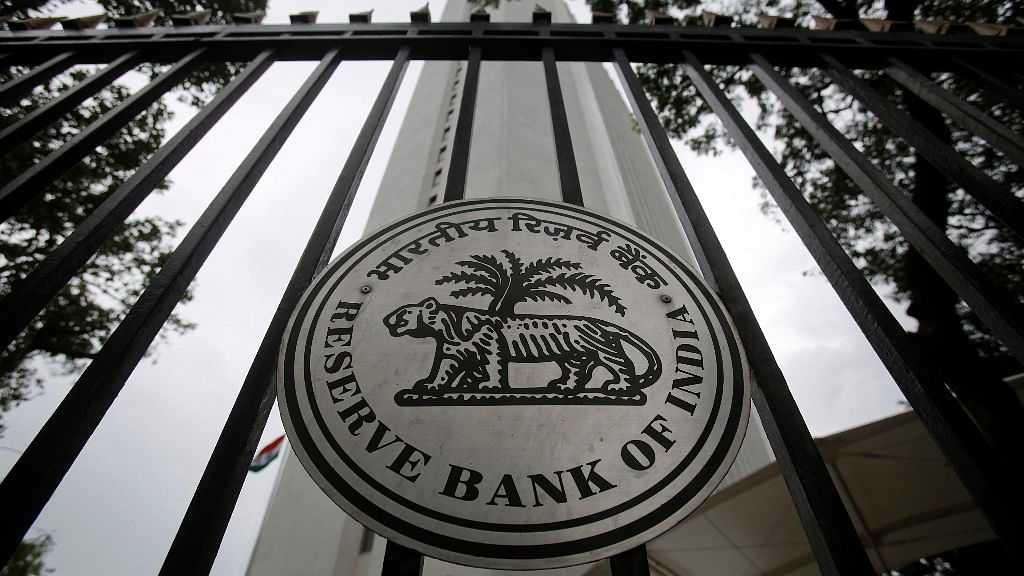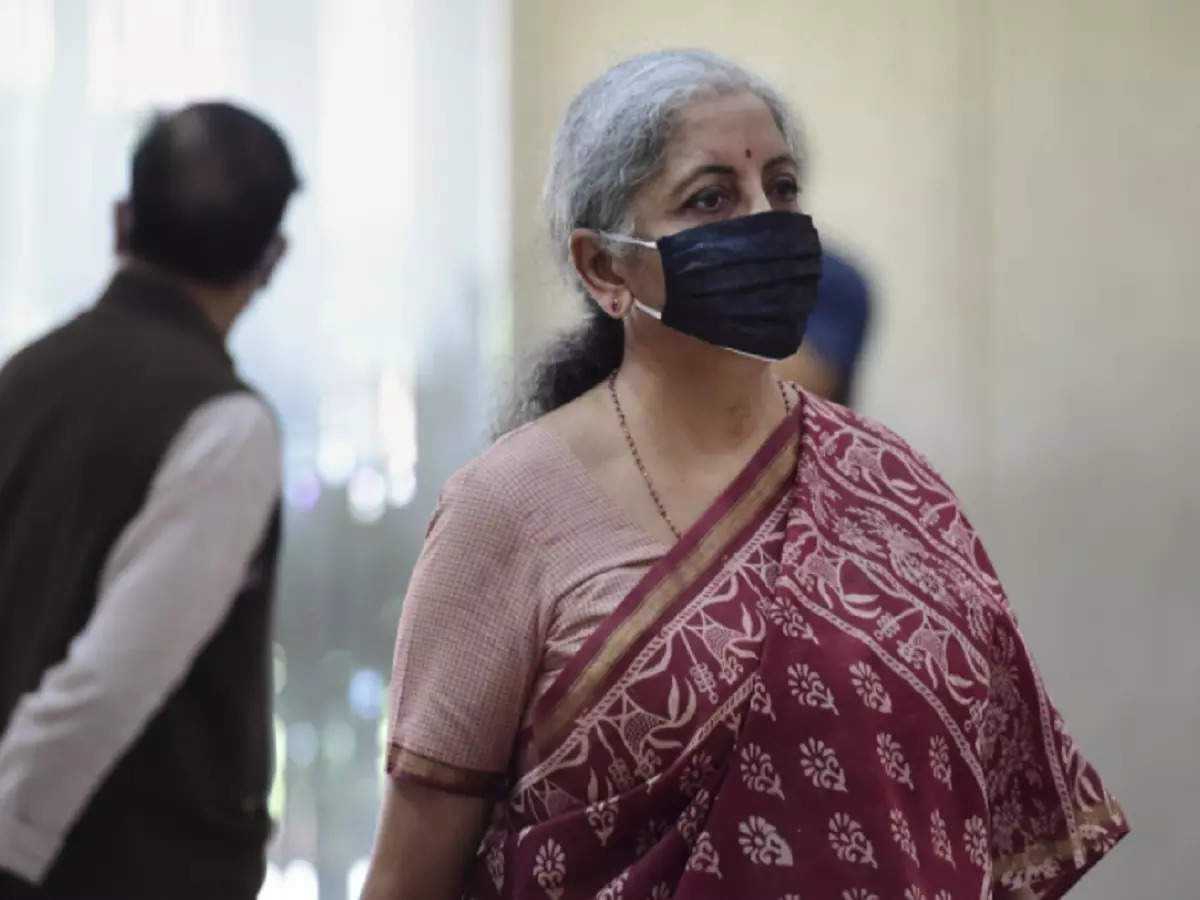India looks to add crypto to Tax Law: Indians who trade or invest in cryptocurrencies on Indian platforms could come under the taxman's lens, as might those who hold such coin outside the country.
The government is looking to amend current income tax and disclosure norms in the upcoming budget to include terms such as cryptocurrency.
- The government wants to capture cryptocurrency income and investments within and outside India, said people aware of the development.
- The government is considering amending Section 26A of the Income Tax Act and the Annual Information Regulation (AIR), often called a 'tax passbook'.
"There is a recommendation to add the words cryptocurrency, crypto assets or digital currency in some parts of the Income Tax Act," one of the persons said. "This would mean that those filing tax returns will have to specifically disclose their income from cryptocurrency investment or trading."
Talks, and more talks: The central government, the country's banking regulator and members of India's crypto community have discussed several proposals during separate interactions to explore a possible regulatory framework if private cryptocurrencies are allowed to survive in India—with restrictions.
The proposals include:
Curbs on peer-to-peer transactions
- Tax on airdropped crypto coins
- Capital criteria for exchanges
- A filtration mechanism for crypto
The industry wants the government to consider a separate crypto regulator, sources say.

RBI-backed CBDC likely to feature in Crypto Bill: The proposal for a central bank digital currency, backed by the country’s banking regulator, may be included in the upcoming bill to regulate cryptocurrency, a top government official told us.
The law aims to also ensure that the RBI does not lose control of India’s monetary economics while minimising speculative betting around cryptos, the source said.
“Unregulated cryptocurrencies can destabilise the macroeconomy and create big speculative bubbles. To that extent, the RBI is right,” the person added.
No proposal to recognise Bitcoin as currency, FM says: The government has informed the Lok Sabha that there was no proposal to recognise Bitcoin as a currency.
- To a query on whether the government had any proposal to recognise Bitcoin as a currency in the country, Finance Minister Nirmala Sitharaman replied in the negative. “No, sir,” she said in a written response in the Lok Sabha.
The central government doesn’t collect data on Bitcoin transactions, she said.

A status update on crypto ads: Crypto exchanges are turning to targeted advertising and marketing campaigns to soothe the nerves of investors who are exiting their investments amid regulatory uncertainty on the virtual currencies. Their new sign-ups are also shrinking.
- Some of the exchanges—including CoinDCX and CoinSwitch Kuber—have restarted advertising and marketing campaigns, albeit not as aggressively as earlier. In most cases, the ads are aired on social media and other digital platforms.
The exchanges had suspended crypto ads, after an advertising blitzkrieg in the past few months that were criticised for being puffery and misleading by many.
Separately, the Advertising Standards Council of India is in discussions with the government to refresh guidelines related to cryptocurrency advertising, to include adequate disclosure of risk, ensuring that consumers don’t mistake crypto products to be legal tender.
New crypto law set to red-flag chit fund, multi-level marketing schemes: India is set to red flag several investment schemes launched by individuals and cryptocurrency exchanges that are similar to chit funds, multi-level marketing and systematic investment plans, to build a robust regulatory framework to protect vulnerable rural populations buying risky crypto assets.
- Regulators including the RBI and Sebi have raised concerns before a parliamentary panel about how some individual investors are collecting money in small towns—with business models resembling those of chit funds—for investing in crypto assets.
- The banking regulator has pointed out how some Indians have even started accepting cryptocurrency payments for export services, thus posing a broader systemic risk.
"It is observed that some individuals are going to small towns and raising money from people, mainly in cash, with the promise of great returns in cryptocurrencies," said a person familiar with the representations to central lawmakers. "This is exactly like chit funds, but without any framework or regulations."



